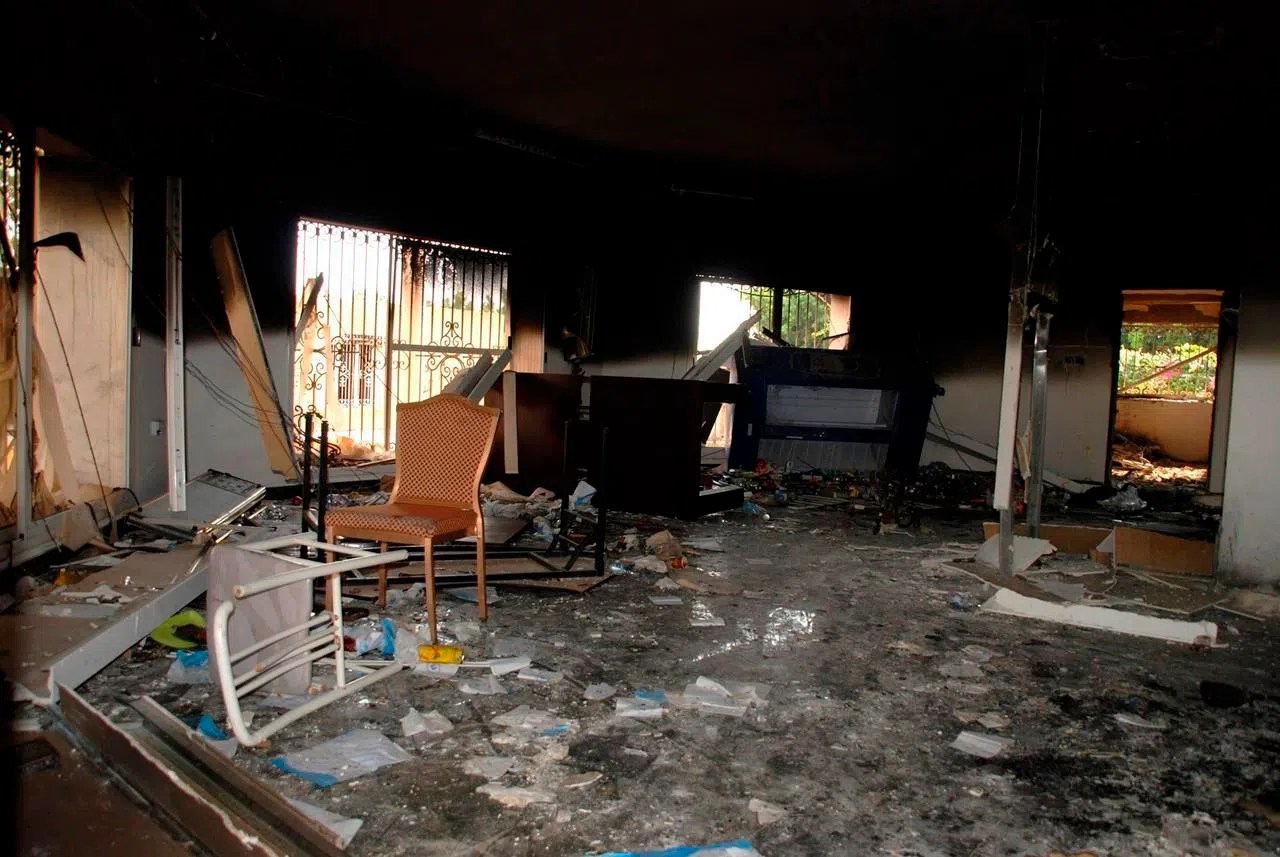
Benghazi trial could undercut Sessions’ push for tribunals
WASHINGTON — The trial of the suspected mastermind of the 2012 Benghazi, Libya, attacks will be one of the biggest terrorism cases yet for a Justice Department under a leader who has said it shouldn’t be handling such cases at all.
Since his time as an Alabama senator, Jeff Sessions has argued that terrorism suspects should be sent to the military prison at Guantanamo Bay, Cuba, rather than prosecuted in U.S. courts by the Justice Department he now oversees. He’s in lock-step with President Donald Trump, who promised during the presidential campaign to fill the prison with “bad dudes.”
But the Trump administration has yet to send a terror suspect there. And next week, on Oct. 2, it will open the civilian trial of Ahmed Abu Khattala, a case that could offer further evidence that the American civilian justice system can provide legal rights to terror suspects without costing the government valuable intelligence or running the risk that the suspect will go free.
“Time and time again we have shown that we have a system that can withstand constitutional scrutiny and send people to jail for substantial periods of time,” said David N. Kelley, a former U.S. attorney in New York City, a hub for terrorism prosecutions.


